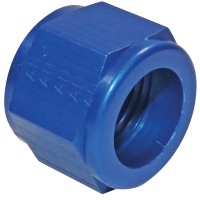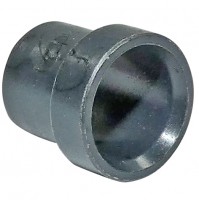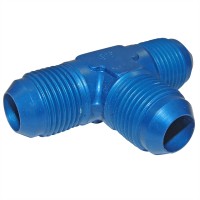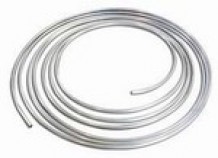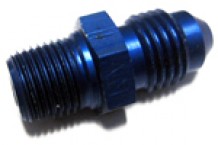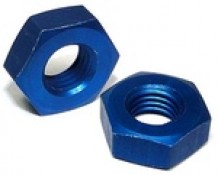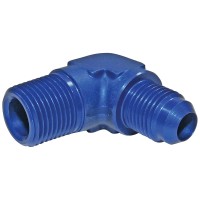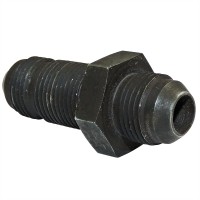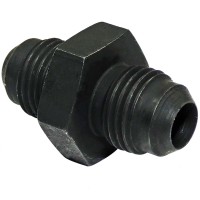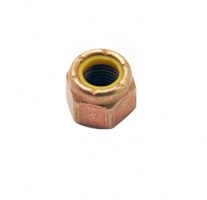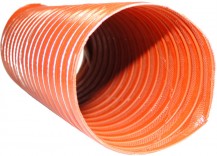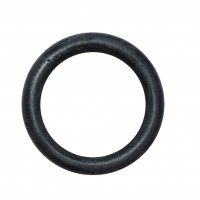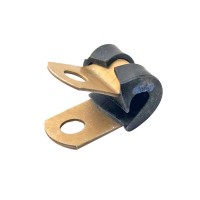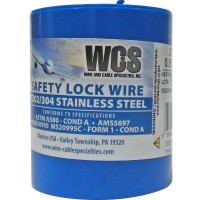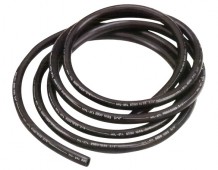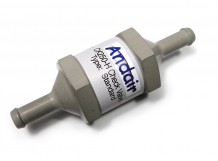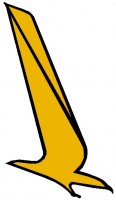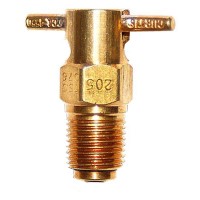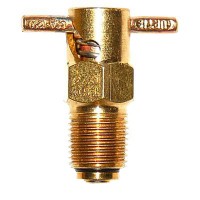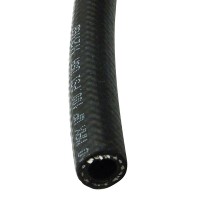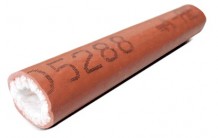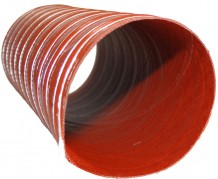ACS Free Flow One-Way Check Valve
MFR Model#
- JUMP TO
- Overview
- Reviews
- Q&A
- View in Catalog
Overview
|
Prevents return fuel flow during normal operation but provides by-pass fuel feed in an emergency if the fuel pump fails. Wt. 1 oz., 2-7/8" long. Use with tube fittings for 3/8" dia. fuel line. Anodized for corrosion resistance. Made in USA |
WARNING: Cancer and Reproductive Harm - www.P65Warnings.ca.gov. |
Reviews
Im going to clarify that this check valve does in fact work and the orientation of its position relative to horizontal or vertical positioning has no effect on its function. Simply blowing on the end opposite of the point of the arrow allows air to flow freely indicating that this is working and the position of the check valve in any orientation makes no difference. When blowing on the side with the arrow the check valve operates correctly the ball moves towards the opposite end and prevents air flow. Again, this is not effected in any way by the orientation of the check valve in any axis. I believe the person who wrote the review pertaining to the orientation problem may have had a defective check valve because under no circumstances should air flow freely in the opposite direction of the flow. The only circumstance which would allow air to move in the opposite direction is a physical passageway around the ball. I suspect that the ball was not traveling the entire length when he had the valve in various orientations where he was able to flow air in the opposite direction.
I can confirm that there is NO internal spring holding the shuttle valve in any particular position. Since this is described by ACS as 0 PSI for breakout, then this is expected, so Ill still rate it 5 stars. But because the operation is entirely influenced by gravity or fluid movement, it is very important to understand in which direction the shuttle operates, if you hope to plan out where to place the valve in a fuel system. The existing reviews that state simply vertical vs. horizontal dont help in this regard (vertical pointed up? or vertical pointed down?). So Ill describe as clear as I can how it operates: 1. If I put the valve to my mouth and blow in the direction of the arrow, of course air will flow no matter how I hold the valve. But thats not what were generally worried about. 2. Holding the valve vertically with the arrow pointed toward the sky, gravity causes the shuttle valve to rest in the closed position, and you get the behavior youd generally expect from a one-way valve: unable to blow air against the direction of the arrow. 3. But heres what matters... Holding the valve vertically with the arrow pointed toward the ground, you can blow air through the valve in BOTH DIRECTIONS! If you blow hard enough against the arrow, of course the shuttle valve closes. But if you blow gently, you can blow in both directions. 4. Holding the valve horizontally, the result is completely unpredictable, because the shuttle valve has no default resting position. Depending on how you shake it, sometimes you can blow air against the arrow. So be careful how you plan your design, especially if this is used in a fuel vent line for the purpose of preventing a puddle of fuel on the hangar floor. It seems to me that in all cases the best possible way to install this valve is arrow pointed to the sky.
Simple, small, with two AN mail Fittings. Just what I needed for my fuel system.
One Way Check Valve 10630
Leaks when under pressure from the gravity feed of high wing. Requested replacement
One Way Check Valve 10630
Order received within 3 days and installed on the airplane on the same day. Exact product as ordered.
One Way Check Valve 10630
I replaced my old check valve same part number that was on my aircraft for 10 years, new one works as advertised.
Installed in a gravity feed system, in parallel with a Facet boost pump. This valve is indeed free flow (zero PSI breakout pressure) and as such works well in the gravity feed system, when the pump is turned off. The pump is only turned on for extreme nose up attitudes.
The item works great at sealing as a check valve. I had to open up and clean the seats from dust and once clean it worked great. I used it for vent and gas applications.
Not as represented, will not operate in light flow conditions
One Way Check Valve 10630
It leaked, did not work
One Way Check Valve 10630
Q&A
Please note, Aircraft Spruce's personnel are not certified aircraft mechanics and can only provide general support and ideas, which should not be relied upon or implemented in lieu of consulting an A&P or other qualified technician. Aircraft Spruce assumes no responsibility or liability for any issue or problem which may arise from any repair, modification or other work done from this knowledge base. Any product eligibility information provided here is based on general application guides and we recommend always referring to your specific aircraft parts manual, the parts manufacturer or consulting with a qualified mechanic.
Yes, it uses 3/8" tube fittings, which is a -6 AN flare.
Per ACS Products, it is a gravity flow piston. It only allows fuel flow in one direction.
Yes. This is for a free floating application, but can be mounted in any position.
0 PSI for breakout; 20 PSI max.
0 PSI for breakout; 20 PSI max. Seal are made of viton rubber.
The piston is made of Delrin and there is no rating for ethanol.
No, this product does not have a bleed function.
We do not have any reports of failure to flow in the proper direction. There is only a plastic piston on the inside and even if it is put in wrong, it will still flow just not stop.
The dimensions are 2-7/8 long. This is not available in any other sizes or modifications.
No, the 10630 is not FAA/PMA approved.


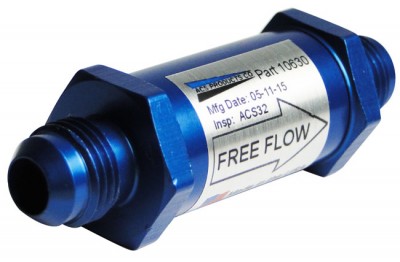





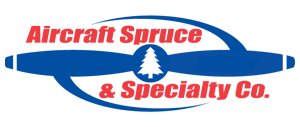 FREE Shipping
FREE Shipping
